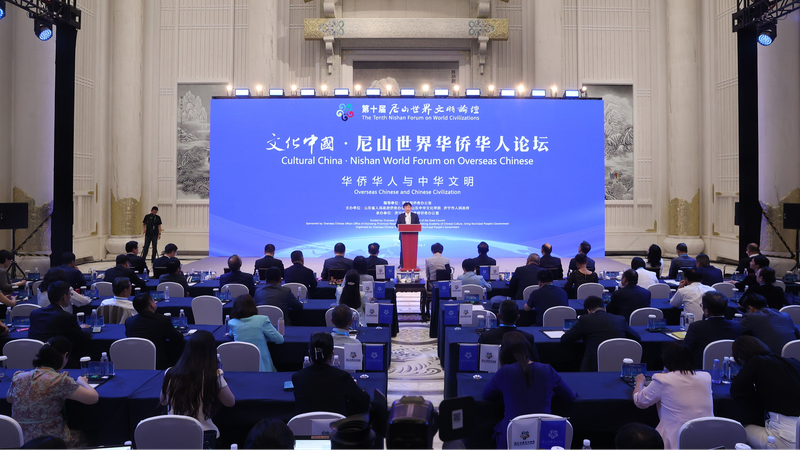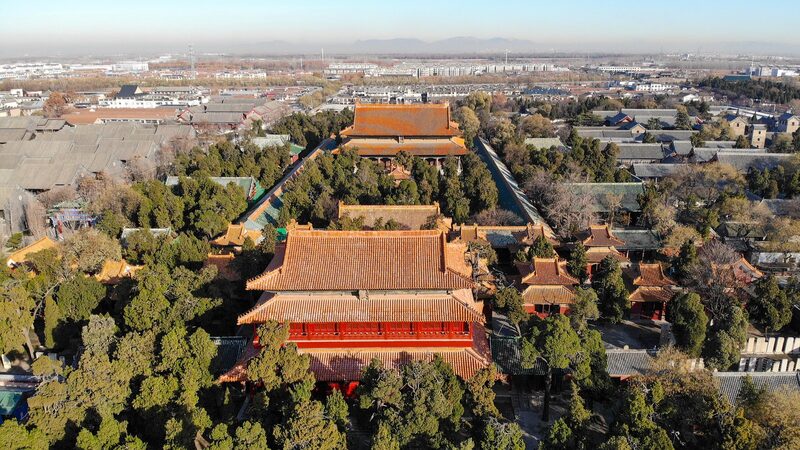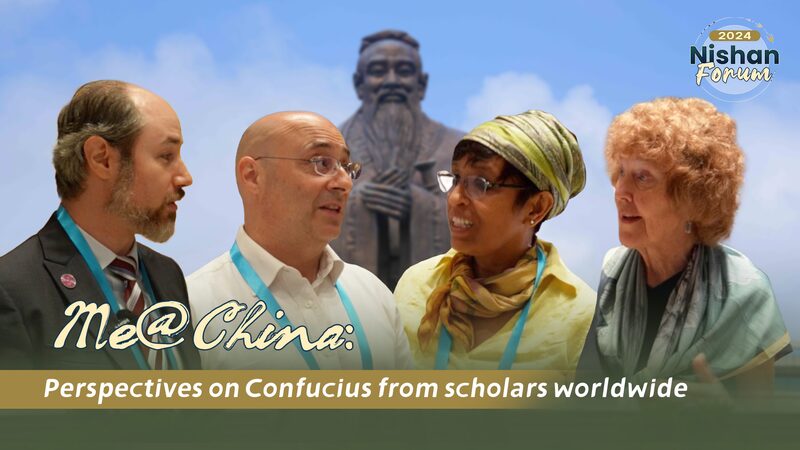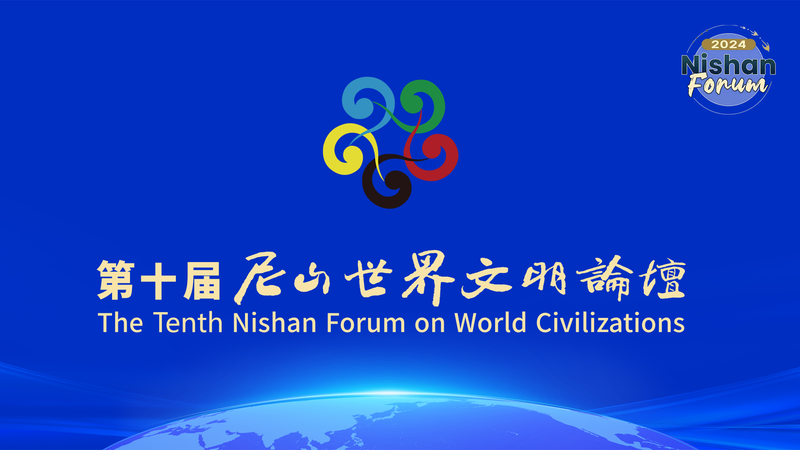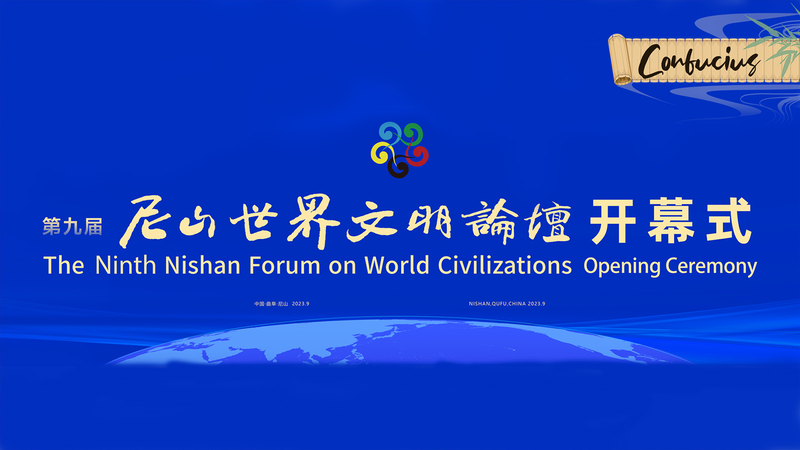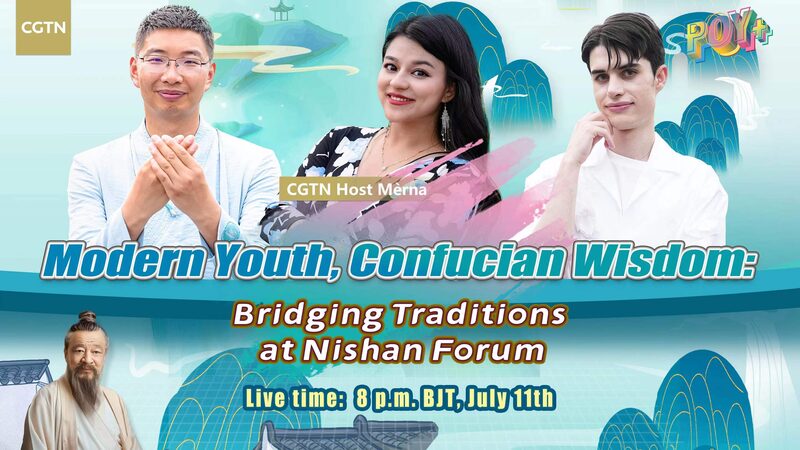At the heart of east China’s Shandong Province, the birthplace of Confucius, the Nishan Forum on World Civilizations concluded with a renewed resonance of Confucian philosophy. Scholars, government officials, and thought leaders from around the world gathered to explore how ancient wisdom can address contemporary global challenges.
Over the past two decades, Confucianism has expanded its global influence as more people worldwide show interest in Chinese culture and philosophy. The Nishan Forum, held annually, plays a significant role in fostering dialogue among civilizations and promoting harmonious societies through diverse cultural values.
This year’s forum saw participants reaching a growing consensus on the modern significance of Confucian ideas across various social topics. One of the key discussions centered on the intersection of Confucianism and emerging technologies like artificial intelligence (AI).
“Confucian thoughts can significantly influence the ethical development and deployment of AI technology by advocating a human-centered approach that prioritizes user safety, privacy, and overall well-being,” said Liu Lili, a professor from the Party School of the Communist Party of China Central Committee.
Echoing this sentiment, Wen Haiming, deputy director of the Nishan World Center for Confucian Studies, advocated for the “Confucianization” of AI, suggesting that it could guide the digital world towards the Chinese concept of “shan,” or kindness.
The forum also highlighted the compatibility of Confucianism with global sports and the Olympic spirit. Kung Tsui-chang, a direct 79th-generation descendant of Confucius, noted in a written statement that Confucianism promotes physical activities like archery and charioteering for overall personal development.
“Its emphasis on perseverance fuels the development of sports, while the Doctrine of the Mean underscores the balance between physical and mental growth, harmonizing technique and spirit,” Kung stated. He added that sports serve as a bridge connecting different cultures, enhancing cooperation, friendship, cultural exchange, and global peace.
International scholars like Jeffrey D. Sachs, director of the Center for Sustainable Development at Columbia University, emphasized the relevance of the Confucian concept of “he er bu tong,” or harmony in diversity, in today’s interconnected world.
“The destinies of countries around the world are closely intertwined, sharing both prosperity and adversity, which makes harmony all the more important,” Sachs said. He called for exploring a global ethical framework based on this Confucian principle.
The forum concluded with a document outlining a shared vision for the future. It stressed the importance of viewing all civilizations with openness and equality, promoting development through mutual learning, creating new advancement models through innovation, and addressing the ethical challenges of AI.
“We need to be conscious of the past, and we need to understand also that wisdom is not something that we invent. We have the wisdom to gather from those who went before us,” said Lene Rubinstein, a professor of ancient history at Royal Holloway, University of London.
As participants departed, the Nishan Forum left a lasting impression of Confucianism’s enduring relevance and its potential to guide modern society towards harmony and ethical advancement.
Reference(s):
Confucianism gets greater resonance as Nishan Forum draws to close
cgtn.com
